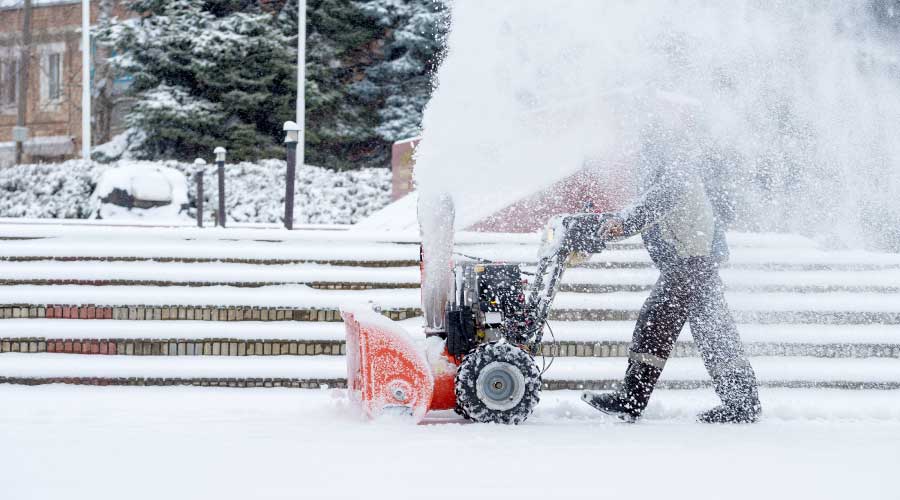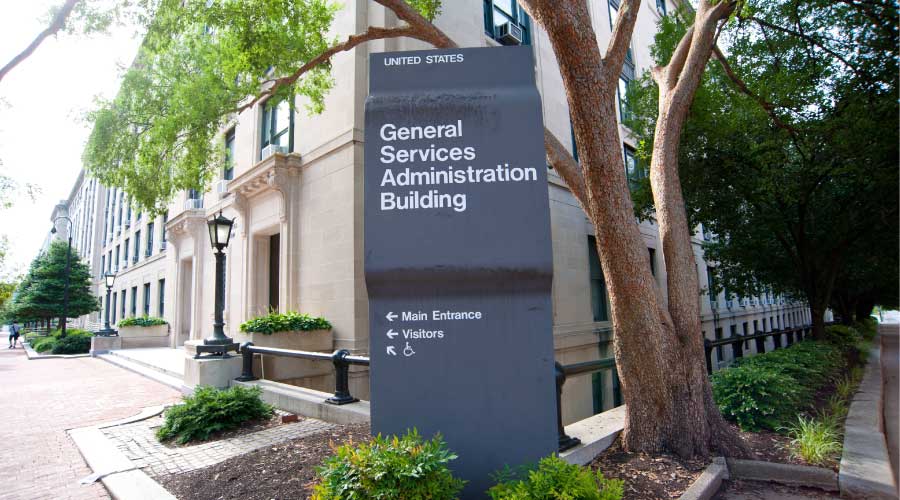
Plowing and Deicing Strategies for Parking Garages
Managers must be careful when they’re both removing snow from and deicing and salting parking structures. December 6, 2023
As the northern part of the United States starts to experience winter weather, grounds managers at institutional and commercial facilities are starting to frequently monitor radars for the inevitable power punch of snow and ice.
Managers must be careful when they’re both removing snow from and deicing and salting parking structures. Wet, heavy snow gathered in the wrong places can cause a structure to collapse, and using certain chemical deicers can have a negative effect on concrete and reinforcing steel.
With grounds managers in mind, Western Specialty Contractors offers tips on how to best protect parking garages from the winter elements.
Snow removal tips
When removing snow from structures, managers should be sure that snow removal crews:
- Clearly mark expansion joints in a way that will be visible to the equipment operator when the deck is covered with snow.
- Establish a snow removal pattern so that the plow blade approaches expansion joints, control joints and tee to tee joints at an angle no greater than 75 degrees.
- Equip snowplow blades and bucket loaders with shoes or rubber guards that prevent direct contact with the deck surface.
- Do not pile snow on the deck surface. Piles of snow can exceed the rated load capacity and cause cracking in the concrete deck surface.
Deicing/salting tips
While commonly used to reduce snow and ice buildup, chemical deicers can negatively affect concrete and reinforcing steel. Deicing is a process that Western recommends using sparingly. If grounds managers do elect to use deicers, the American Concrete Institute suggests considering the following factors:
- Sodium chloride – (road salt, table salt) This is the most used salt deicer. It has little effect on concrete but promotes corrosion in reinforcing steel and other metals. Use of this type of deicer is not recommended.
- Calcium chloride – This is a major ingredient in most commercial deicers. It has little effect on concrete but promotes corrosion in reinforcing steel and other metals. Use of this type of deicer is not recommended.
- Ammonium nitrate or ammonium sulfate – Use of this deicer will lead to serious concrete deterioration due to its direct chemical attack on reinforcing steel. Use of this type of deicer is NOT recommended.
- Calcium magnesium acetate (CMA) – The effects of this deicer are similar to salt, but it requires more time to melt ice. It has no adverse effects on concrete or steel reinforcement. If a deicer is required, a CMA is recommended.
Managers also need to consider the age of concrete when applying deicing chemicals, as any chemicals applied within two years of installation can negatively affect how the concrete ages and cures. In general, managers are discouraged from using chemicals of any sort and are encouraged to use sand so long as its use does not flood drainage systems.
Next
Read next on FacilitiesNet












